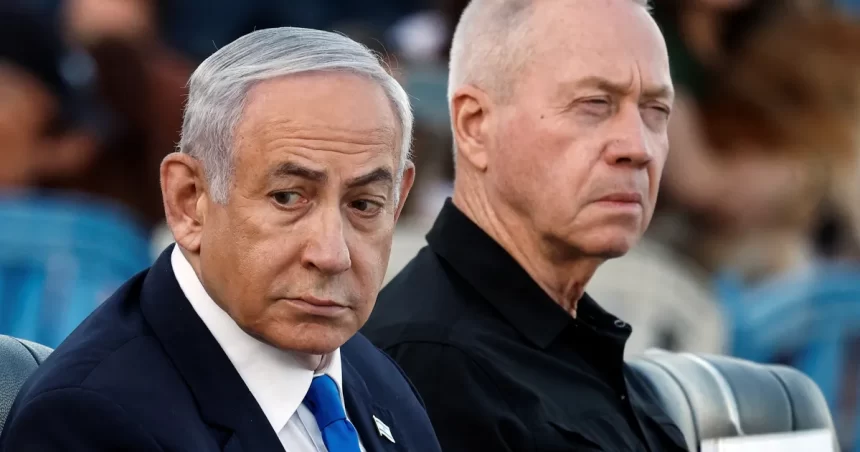U.S. President Joe Biden has strongly criticized the International Criminal Court’s (ICC) decision to issue arrest warrants for Israeli Prime Minister Benjamin Netanyahu, former Defense Minister Yoav Gallant, and Hamas commander Mohammed Deif over alleged war crimes during the Israel-Hamas conflict.
The ICC’s decision has sparked a contentious global debate, with Europe and the U.S. adopting sharply contrasting stances on the court’s authority. Biden’s condemnation highlights the complexity of international justice amid longstanding geopolitical alliances, particularly the unwavering U.S. support for Israel.
The ICC judges claimed “reasonable grounds” to believe Netanyahu, Gallant, and Deif bear criminal responsibility for war crimes committed during the ongoing war between Israel and Hamas. The court’s move has prompted mixed reactions globally, with several European nations affirming respect for ICC decisions, while the U.S. remains staunchly opposed.
President Biden described the warrant as “outrageous,” asserting there is “no equivalence” between Israel’s actions and those of Hamas. “We will always stand with Israel against threats to its security,” Biden stated in defense of America’s key ally in the Middle East.
Israeli Prime Minister Netanyahu dismissed the allegations, calling the ICC decision “a modern Dreyfus trial.” He insisted that Israel has taken extensive measures to protect civilians in Gaza while accusing Hamas of endangering its own population by using them as human shields.
Meanwhile, the British government maintained its neutral stance, emphasizing respect for the ICC’s independence but refraining from endorsing its decision. The divide between allies underscores the challenges of addressing accountability in international conflicts.
The ICC warrants also include Mohammed Deif, a senior Hamas commander who was reportedly killed in July. Both Israel and Hamas reject the ICC’s allegations. Netanyahu cited Israel’s efforts to supply humanitarian aid to Gaza, countering claims of a deliberate starvation policy.

The ICC’s bold move puts a spotlight on the war’s human cost while intensifying the polarization of global powers. As the U.S. doubles down on its support for Israel, Europe’s measured respect for the ICC underscores the growing strain in transatlantic diplomacy. The coming weeks will reveal how these contrasting positions shape the pursuit of accountability and the broader conversation around international justice.








